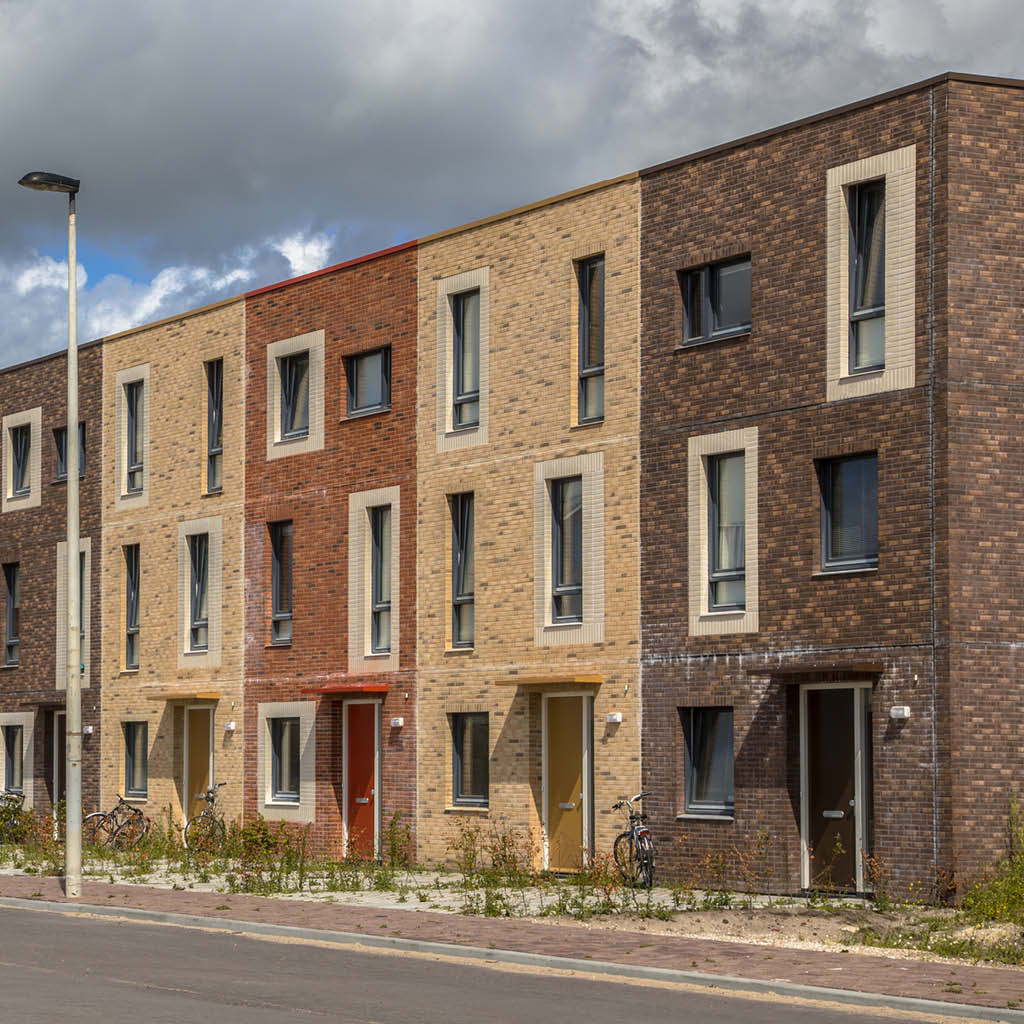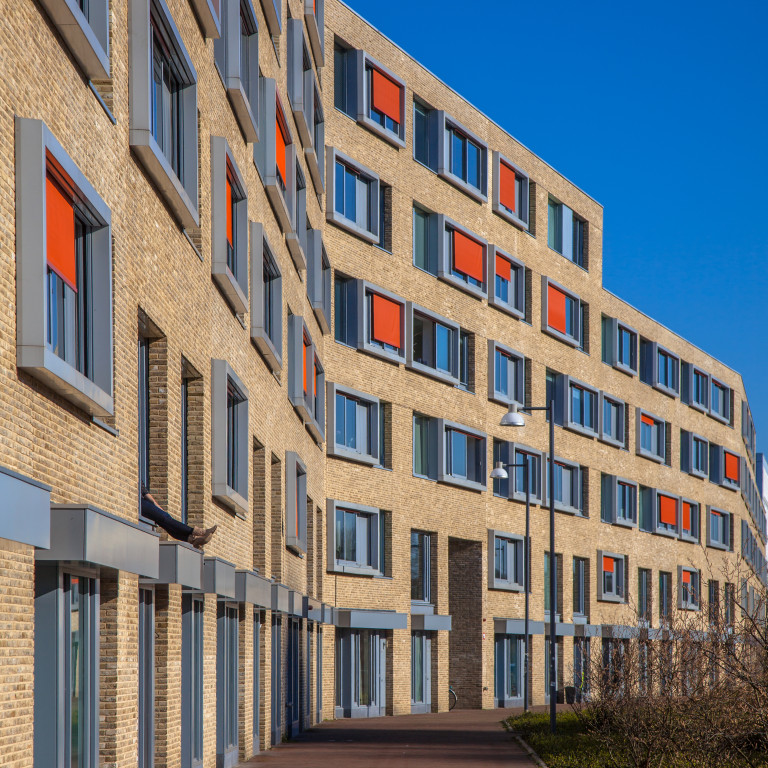Shared ownership has become an essential route to homeownership, particularly for those unable to afford full-market-value properties. The new Shared Ownership Code sets out requirements for landlords, ensuring fairness, transparency, and compliance with the scheme. This article explores the key principles of the new code, the landlord’s obligations under the code, and some of the benefits for leaseholders and landlords.
Key Principles of the Shared Ownership Code
The Shared Ownership Code is built on fundamental principles designed to protect leaseholders and ensure responsible management by landlords. These principles include:
1. Transparency – Landlords must provide clear, accessible, and accurate information about costs, lease terms, and responsibilities.
2. Fairness – Leaseholders should be treated equitably, with reasonable rent structures and service charge policies.
3. Support – Landlords must facilitate staircasing (buying additional shares) and resale processes efficiently.
4. Accountability – Housing providers must adhere to best practices in managing shared ownership properties.
5. Affordability – The scheme should remain financially viable for leaseholders, ensuring sustainable homeownership.
These principles help guide landlords in their responsibilities whilst looking to ensure leaseholders receive fair treatment.
Statement of Principles
The new Code contains a Statement of Principles that outlines the commitments landlords must uphold, these include:
- Offering a defects liability period (typically 24 months but a minimum of 12 months) to cover essential repairs.
- Maintaining service charge transparency, including providing detailed breakdowns in a service charge information document and affordability measures.
- Supporting leaseholders with trained staff to assist in navigating shared ownership complexities.
- Facilitating lease extensions to ensure long-term security for leaseholders.
- Providing clear and upfront information about costs, lease terms, and obligations.
- Ensuring fair rent increases that align with inflation indices and do not impose excessive financial burdens.
Landlord Obligations Under the Shared Ownership Code
Transparency in Information and Processes
Landlords must provide clear, accurate, and accessible information to prospective shared ownership buyers. This includes:
- A breakdown of costs associated with the purchase, including rent, service charges, and maintenance responsibilities.
- Details of the lease terms, including staircasing (the process of buying additional shares in the property).
- Guidance on resale procedures and leaseholder rights.
Ensuring clarity in these areas helps leaseholders make informed decisions and seeks to avoid disputes later in the ownership journey.
Fair and Reasonable Rent Structures
Shared ownership leaseholders typically pay rent on the portion of the property they do not own. The Code requires landlords to:
- Set fair rental rates, avoiding excessive increases.
- Ensure rent increases align with agreed-upon formulas, often linked to inflation indices.
- Provide clarity on how rent adjustments will be made over time.
This seeks to reduce financial strain on leaseholders while allowing landlords to manage revenue sustainably.
Responsibility for Repairs and Maintenance
One critical concern for leaseholders is the division of maintenance responsibilities. Under the latest reforms, landlords are required to cover essential repairs for a set period, typically the first ten years of ownership. This includes:
- Structural repairs to the building.
- Maintenance of communal areas.
- Major faults that may arise unexpectedly.
This again seeks to reduce the early financial burdens on leaseholders, whilst broadening the appeal of shared ownership schemes to potential purchasers.
Support for Staircasing and Resale
Landlords must facilitate the staircasing process, enabling leaseholders to purchase additional shares in their home with clear pricing models. Obligations include:
- Providing transparent valuation processes.
- Offering straightforward purchasing mechanisms with minimal administrative hurdles.
- Ensuring fair resale terms so leaseholders can exit the scheme without excessive restrictions.
This is intended to encourage greater leaseholder investment in the property.
The new Shared Ownership Code looks to strike the appropriate balance between ensuring fair treatment for leaseholders while maintaining financial viability for landlords. By enforcing transparency, rent controls, repair obligations, and staircasing support, the Code enhances shared ownership schemes as an attractive alternative to full homeownership. Ultimately, both landlords and leaseholders stand to gain—creating a housing model that supports accessibility, stability, and responsible management.
How can Tozers help
Our holistic approach ensures that we can meet a broad range of the legal needs of our clients in the affordable housing sector. If you have any questions or need support, please get in touch with the team.






